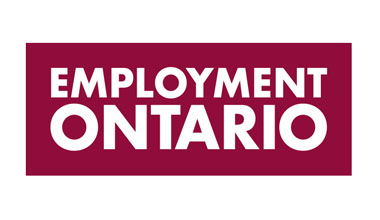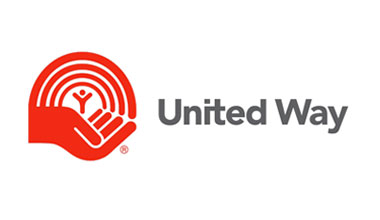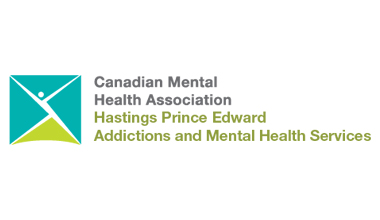
Homeless Enumeration in Hastings County
This spring, during the week of April 17th - April 23rd 2018, there will be a homelessness enumeration taking place in Belleville, Madoc, Quinte West and Bancroft through a partnership between CDC Quinte and Bridge Street Church. The count will be undertaken as part of a provincial requirement, with the definition used to define homelessness being The Canadian Definition of Homelessness. You can find the facts below:
_______________________________________________________________________________________________________________________________________
Fact Sheet:
What is homeless enumeration?
Homeless enumeration is a count of the minimum number of people who are experiencing
homelessness in a community over a specific period of time. Enumeration involves gathering
information about the demographic characteristics, circumstances, and needs of those
experiencing homelessness in our communities.
Where will enumeration be conducted?
Enumeration will be conducted in Belleville, Quinte West, Madoc, and Bancroft.
When will enumeration take place?
Enumeration will take place over 7 consecutive days in April 2018.
How will homeless enumeration be conducted?
Enumeration staff and volunteers will conduct surveys with individuals experiencing
homelessness at service organizations and agencies (e.g. housing service providers, drop-in
centres, meal programs) in each community. Individuals staying in emergency shelters,
transitional homes, and residential treatment programs at the time of enumeration will also be
included in the count. This is known as the Period Prevalence Count method for enumerating
homelessness.
In Belleville, the Point-in-Time Count method will also be used. This involves teams of
enumeration staff or volunteers conducting walking surveys of specific areas in Belleville on the
first day of the count only to identify and survey people who are experiencing unsheltered
homelessness.
How is “homelessness” defined?
Homelessness “describes the situation of an individual or family without stable, permanent,
appropriate housing, or the immediate prospect, means and ability of acquiring it.”1
Enumeration will include three types of homelessness:
- Unsheltered – those sleeping in public spaces or places not intended for human habitation because they have nowhere else to stay
- Emergency Sheltered – those who are accessing emergency shelters, including violence
against women shelters, or hotel/motel beds in lieu of shelter beds - Provisionally Accommodated – those who are living in temporary accommodations with no
guarantee that they can continue to stay there. This includes hidden homelessness
(e.g. couch-surfing) and temporary rentals (e.g. motels, rooming houses). It also
includes transitional housing and institutions (e.g. hospitals, residential treatment
programs) where individuals may be discharged into a state of homelessness.
Why is enumeration important?
Enumeration provides basic information that can:
- Improve our understanding of the extent of homelessness in our communities and the characteristics, circumstances, and needs of those experiencing homelessness,
- Strengthen our ability to support those experiencing homelessness, and
- Inform community actions to prevent and reduce homelessness in our communities.
Successive counts will allow us to measure progress in preventing and reducing homelessness
in Hastings County.
Communities across Ontario will be conducting homeless enumeration every two years
beginning in 2018, in accordance with Ontario government requirements. This data will provide
important information about the scope of homelessness in communities across Ontario and the
characteristics of this population. This information will be used to improve provincial programs
and policies to support the Ontario government’s long-term goal of ending homelessness, and
its goal of ending chronic homelessness by 2025.
Who is conducting homeless enumeration in Hastings County?
Enumeration is being conducted by Bridge Street United Church (Belleville)’s Food Ministry and
the Community Development Council of Quinte.
Bridge Street United Church’s Food Ministry has provided meal support from the church
kitchen to a food insecure population in Belleville for more than 20 years. Bridge Street United
Church is committed to addressing poverty in our community, and understands housing,
homelessness, and food insecurity to be intertwined as factors and experiences related to
poverty.
The Community Development Council of Quinte focuses on grass roots community
development and social planning processes that involve all sectors of the community, using
consensus building approaches to identifying and resolving important community issues.
Providing reliable evidence to address homelessness in our communities complements its focus
on food security and poverty-related issues.
Who do I contact to learn more or to get involved?
For more information, please email [email protected] or call Bridge Street United Church at 613-962-9178.
1 Canadian Definition of Homelessness (2012), www.homelesshub.ca/homelessdefinition
- Author: Tanya Dutton
- Article Source: http://cdcquinte.com/








